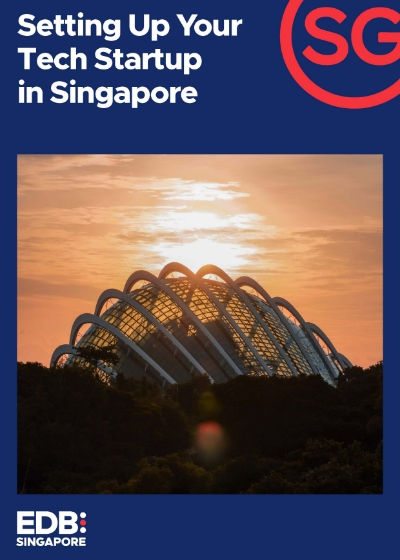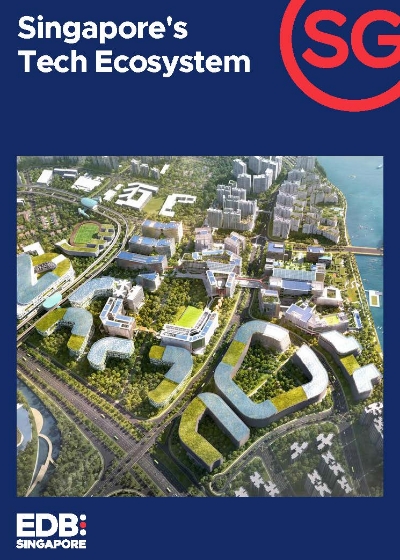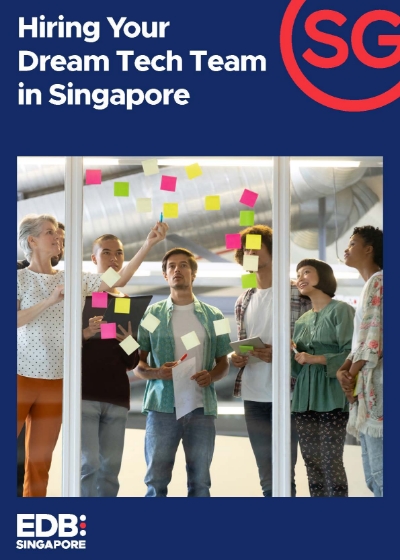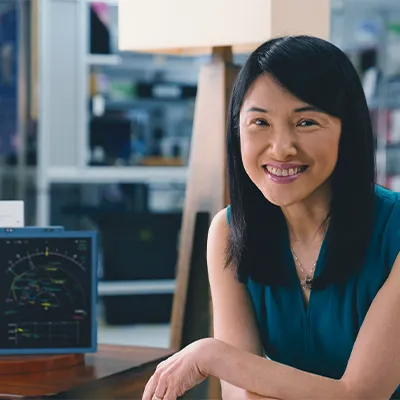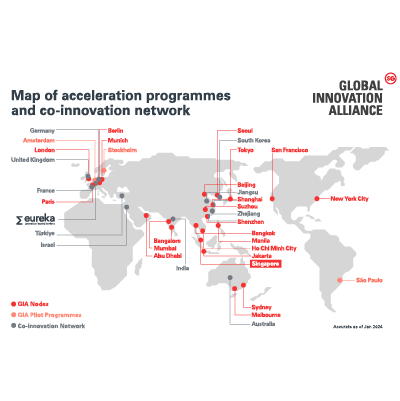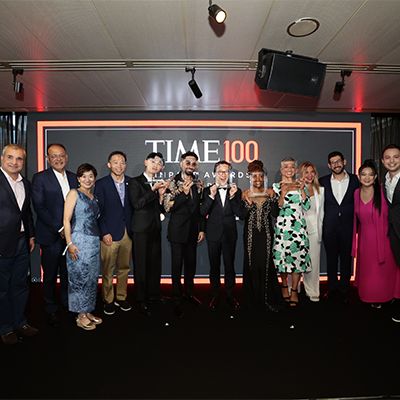Expanding project to new uses
For its winning entry for Shell's business challenge, Zuno developed an integrated smart sensor platform prototype that was interoperable between wireless sensors of different protocols, and allowed manual control of the sensors.
The idea behind this is a communication module for wireless sensor gateways with multiple distinct protocols to speak to one another.
Now, manufacturing firms can manage their network of wireless sensors on-premises from a single touchpoint to ensure interoperability of sensors and enable real-time monitoring for visibility of all end-to-end processes.
"Shell actively seeks out cutting-edge technology to solve industry-wide challenges, and the ARTC Startup Challenge provided an ideal platform to collaborate with new generation disruptors like Zuno to build innovative solutions. It's a pleasure to mentor and nurture Singapore's homegrown start-up ecosystem together with ARTC and OIP," said Haripriya Baskar, Shell's engineer.
"When the challenge was launched, we immediately identified that the problem statement had a significant amount of overlap with our existing solution - PEMS.ai - which collects data from remote sources, aggregates and analyses it through our AI engine, to predict the performance of equipment," said Mr Hari Nair, Zuno's Chief Executive Officer.
"So, we decided to see how we could tailor the solution to Shell's needs while keeping the platform scalable," he added. "This led to the addition of the sensor validation module, and battery optimisation module to the platform."
Currently, Zuno is in discussions with key industry players to expand their winning project onto an onsite pilot project.
Creating interest across new markets
Meanwhile, Wireless Power Network (WPN) provider TransferFi built an Industrial Internet of Things (IIoT) platform using patented signal optimisation and beamforming algorithms - a signal processing technique - to extend the range of wireless power transmission providing continuous power to a sensor network.
It is the world's first WPN solution that provides round-the-clock, real-time data collection without the need for power cables.
When the problem owner looked for a real-time monitoring and predictive maintenance solution for industrial cutting tools, TransferFi answered the call.
"Through the OIP, the engineers at ARTC assisted with determining the parameters to meet, followed by the testing and verification of hardware and software, to ensure that our solution was suitable for customer application," said Mr Aashish Mehta, TransferFi's Co-founder and Chief Executive Officer.
With this successful proof of concept realised through their participation in this OIP challenge, the company is targeting new uses, such as for computer numerical control (CNC) machines. CNC machines are commonly used to manufacture many of the goods found in stores today. The technology will allow machine owners to optimise equipment service life better by accurately tracking and assessing the wear and tear of machine consumables.
The prototype is already attracting interest among CNC machine makers and manufacturing lines, with ongoing talks to use it.

